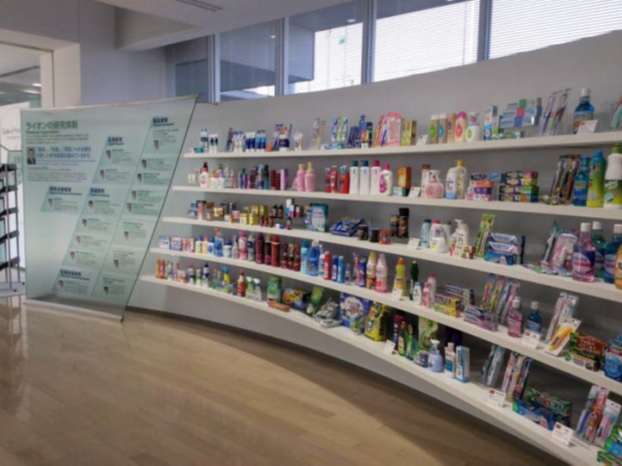Developing greener household products

The Agency for Science, Technology and Research (A*STAR) in Singapore is working with a Japanese multinational company to develop safer, anti-odour and anti-bacteria household products that eliminate the use of harmful biocides.
Scientists at A*STAR's Institute of Materials Research and Engineering (IMRE) and the consumer care giant, LION Corporation, are using a multi-purpose, customisable molecule and all-natural formulations to develop products that keep laundry smelling fresh and kill bacteria without the need for chemical biocides. In the long run, this initiative could help prevent the growth of biocideresistant bacteria.
LION, a major manufacturer of detergents, soaps, medications, oral hygiene products and other toiletries, is leveraging IMRE's technology to develop improved formulations for their products. Scientists from both organisations are working together in a laboratory based at IMRE.
Most household products feature a mix of surfactants for removing dirt, fragrance enhancers and chemical biocides to kill germs. Some of the surfactants and chemical biocides ultimately leach into the environment through water run-off. IMRE has been working on a host of all-purpose, natural polymers that are more environmentally friendly. The multi-purpose molecule being used in the project is one of more than 100 proprietary molecules that IMRE has accumulated in its fast-growing polymer bank.
"The polymer molecules and materials we are using are unique to IMRE," says Dr Loh Xian Jun, lead IMRE researcher and manager of A*STAR's Personal Care Programme. He adds that the base polymer molecule can be "accessorised" with different polymer chains to suit different purposes. Such base polymers form the backbone for a multitude of molecular combinations that can be tailor-made to suit different functions – from anti-bacteria to fragranceenhancement – in one molecule.
In 2015, the partners plan to work on several joint projects to develop new materials for use in household care products within the next few years.



















